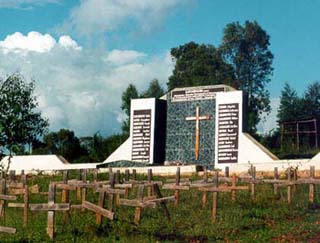Home » Course Layouts » Free Course Layout Udemy
Discerning the ethnic and racial dimensions of politics is considered by some indispensable to understanding contemporary world politics.
0
1
English
English [CC]
- Learn basic syntax that can apply to any language.
- Learn what is a programming language and the basic concepts for beginners.
- Understand what is Javascript in it's truest form.
- Know the basic syntax of Javascript.
- Know some hidden quirks in Javascript.
Description
This course seeks to answer fundamental questions about racial and ethnic politics. To begin, what are the bases of ethnic and racial identities? What accounts for political mobilization based upon such identities? What are the political claims and goals of such mobilization and is conflict between groups and/or with government forces inevitable? How do ethnic and racial identities intersect with other identities, such as gender and class, which are themselves the sources of social, political, and economic cleavages? Finally, how are domestic ethnic/racial politics connected to international human rights? To answer these questions, the course begins with an introduction to dominant theoretical approaches to racial and ethnic identity. The course then considers these approaches in light of current events in Africa, Asia, Latin America, Europe, and the United States.
Course content
- Rethinking Ethnicity and Race Unlimited
- Ethnic and Racial Identities in Comparative Perspective Unlimited
- What are the Political Dimensions of Ethnicity and Race? Unlimited
- A Framework for Analysis of Ethnopolitical Mobilization Unlimited
- The Sources of Discontent: The Intersections of Race and Class Unlimited
- Government Responses to Ethnopolitical Demands and Group Disadvantage Unlimited
- International Dimensions of National Ethnopolitical Conflicts Unlimited
- The Emergence of International Human Rights Unlimited
- Are Human Rights Universal?: Women’s Rights versus Cultural Practices Unlimited
- Human Rights and Foreign Policy Unlimited
- International Humanitarian Intervention: Bosnia vs. Darfur, Sudan and Rwanda Unlimited
- Ethnic Minority Rights, Human Rights, and Sovereignty Unlimited
- Review Class – Lessons Learned and Looking Forward Unlimited
N.A
- 5 stars0
- 4 stars0
- 3 stars0
- 2 stars0
- 1 stars0
No Reviews found for this course.










